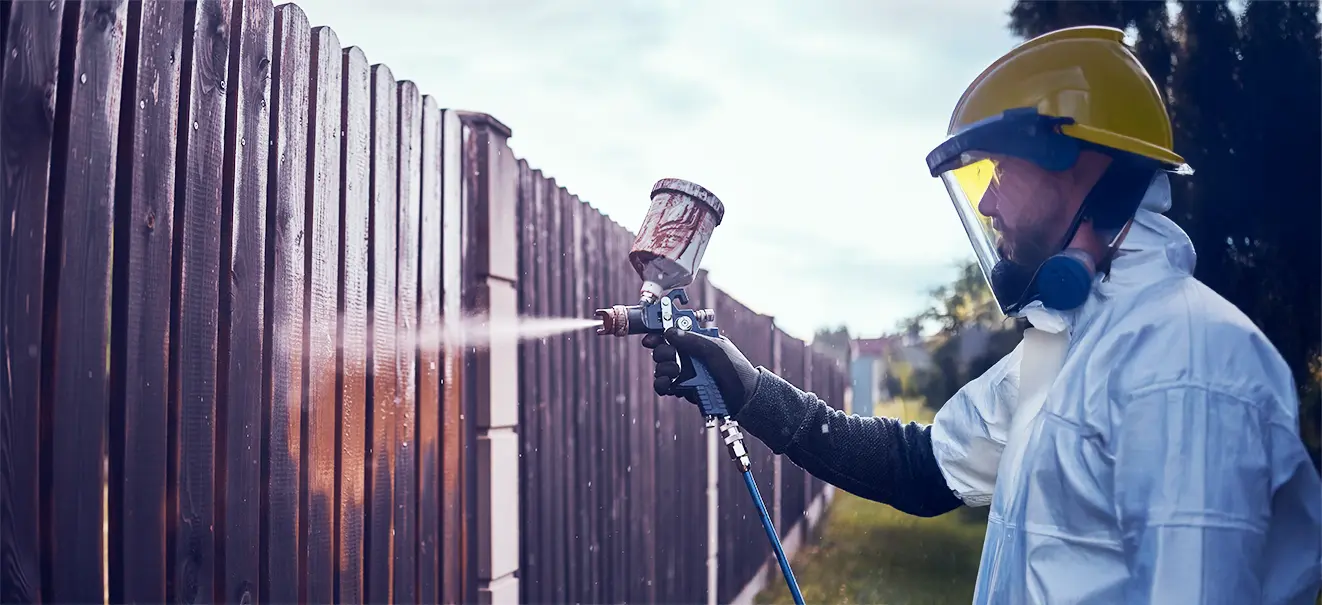Admissions: 647-716-1293 | info@topweld.ca Recruitment: 647-708-1293 | jobs@topweld.ca Toll-Free Contact: 877-333-1456
Spray Painting Certifications
Become a spray painter with detailed knowledge of the trade.

Become a spray painter with detailed knowledge of the trade.
What is Spray Painting?
Spray painting is a technique that involves applying protective coatings to surfaces using specialized airless or conventional spray equipment. It is commonly used in industrial and marine environments to coat materials like steel and concrete, ensuring protection against wear, corrosion, and environmental damage.
Why Spray Painting?
Spray painting offers several advantages, including:
- Faster application compared to traditional brush or roller methods.
- Smooth, even coating with consistent thickness.
- Effective coverage for large surfaces and hard-to-reach areas.
- Ideal for both industrial and marine environments where protection is critical.
How to Become a Spray Painter
To become a certified spray painter, candidates must:
- Gain a minimum of 800 hours of experience applying protective coatings using airless or conventional spray equipment in industrial or marine settings.
- Pass a written certification exam.
- Successfully complete a hands-on practical skill assessment.
Spray Painting Course
This course is designed for those looking to become certified in spray painting, particularly in industrial and marine applications. It provides both theoretical and practical training to operate airless and conventional spray equipment effectively.
Who Should Attend?
- Painting contractors
- Paint applicators
- Facility owners
- Contractor personnel seeking certification
What Will You Learn?
By attending this course, participants will:
- Understand the benefits of using airless and conventional spray technology.
- Learn how and when to mix coatings properly before application.
- Gain practical experience in applying coatings to steel and concrete as per job specifications.
Course Topics Include:
- Overview of airless/conventional spray equipment and operational systems.
- Proper mixing and spray application techniques.
- Conventional spray (optional).
- Troubleshooting common spray equipment issues.
Batch Timings
The batch timings for this course will be shared during registration. Flexible scheduling options may be available to accommodate both full-time and part-time participants.